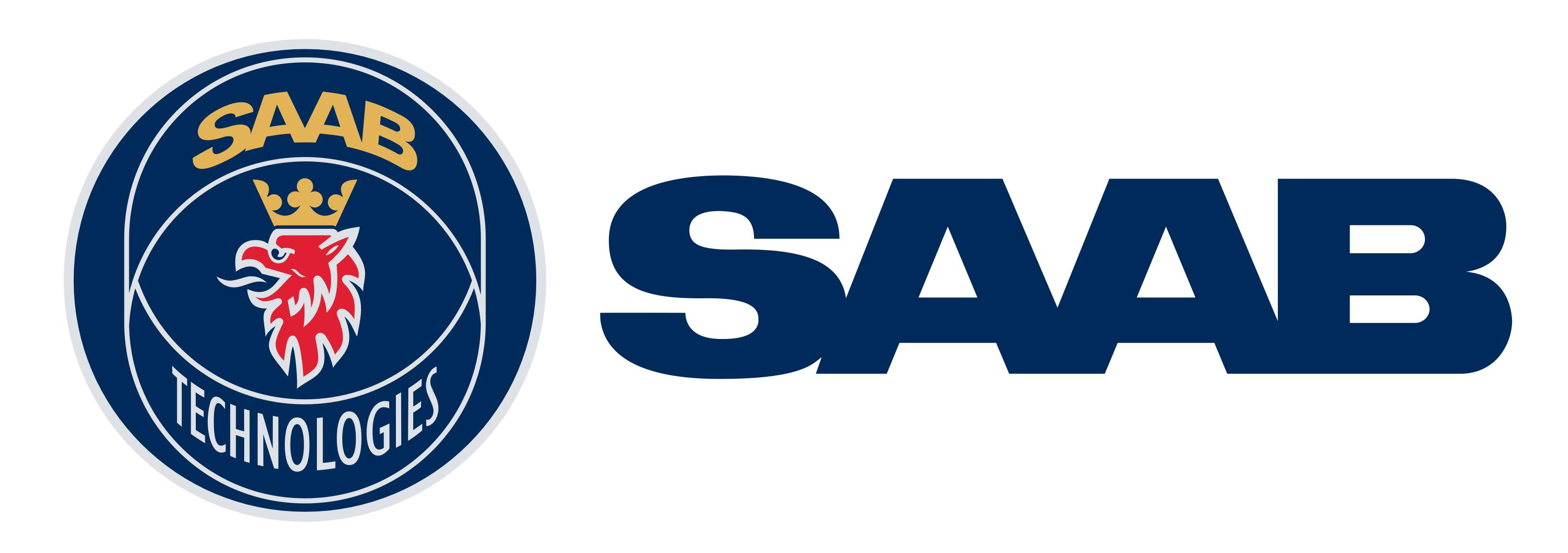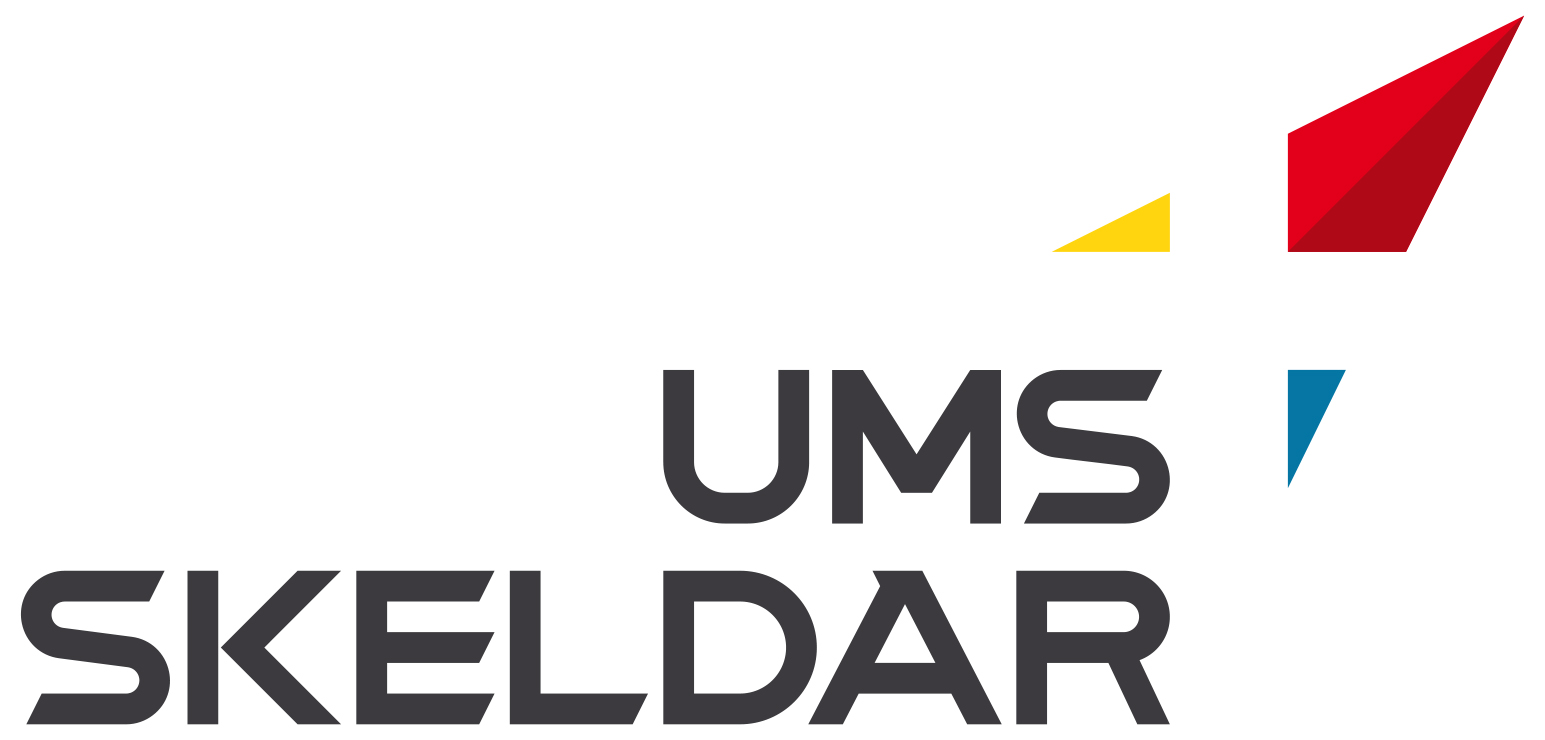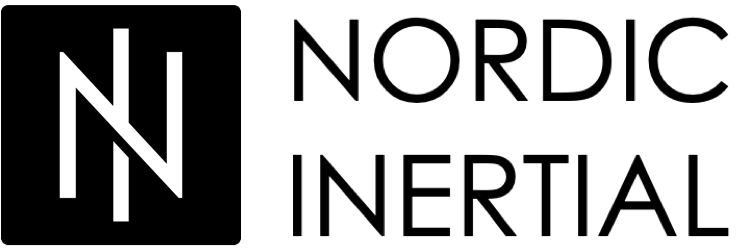




.png)

.png)






R1. Reviewers must be technically competent in the specific technical area addressed by the paper under review. In particular, if a reviewer accepts to review a paper, he/she must accept to read it in sufficient depth to understand it and to refer to related earlier works reported in peer-reviewed journals (if any, and if necessary).
R2. Reviewers must employ professional language, strictly avoid ad hominem attacks, and avoid matters of literary taste, unless the authors’ literary style subverts technical clarity (excessive verbosity, for instance).
R3. Reviewers must provide a fair appreciation of the technical content of the paper, and also give some recommendations for its improvement whenever possible.
R4. Reviewers must have no personal, nor professional conflict of interest with the authors and must not try to block the publication, only if the technical content of the paper is proved incorrect. Every negative criticism about the paper must only be substantiated by sound scientific arguments.
R5. Reviewers must alert for possible plagiarism as defined by the IEEE: “...the reuse of someone else's prior ideas, processes, results, or words without explicitly acknowledging the original author and source”.
R6. Reviewers can recommend a few main references(s) related to the paper that have been omitted by the author(s), if any. This recommendation must be done sparingly and with carefulness. It must not be done to inflate the reviewer’s own bibliometric score, nor the scores of their associates.
R7. Reviewers must not try to impose their own ideas to modify the original direction of the paper under review. If the technical content of the paper is correct and if reviewers dislike the ideas developed in the paper, reviewers must accept the paper and they are free to submit later their own paper on the same topic once the accepted paper has been published.
R8. Reviewers are not allowed to diffuse or share by any means the content of the paper that they have accepted to review, nor use its technical content (even partially) for their own purposes.
 |
 |
|
 |
 |
|
 .png)  .png)       |
||